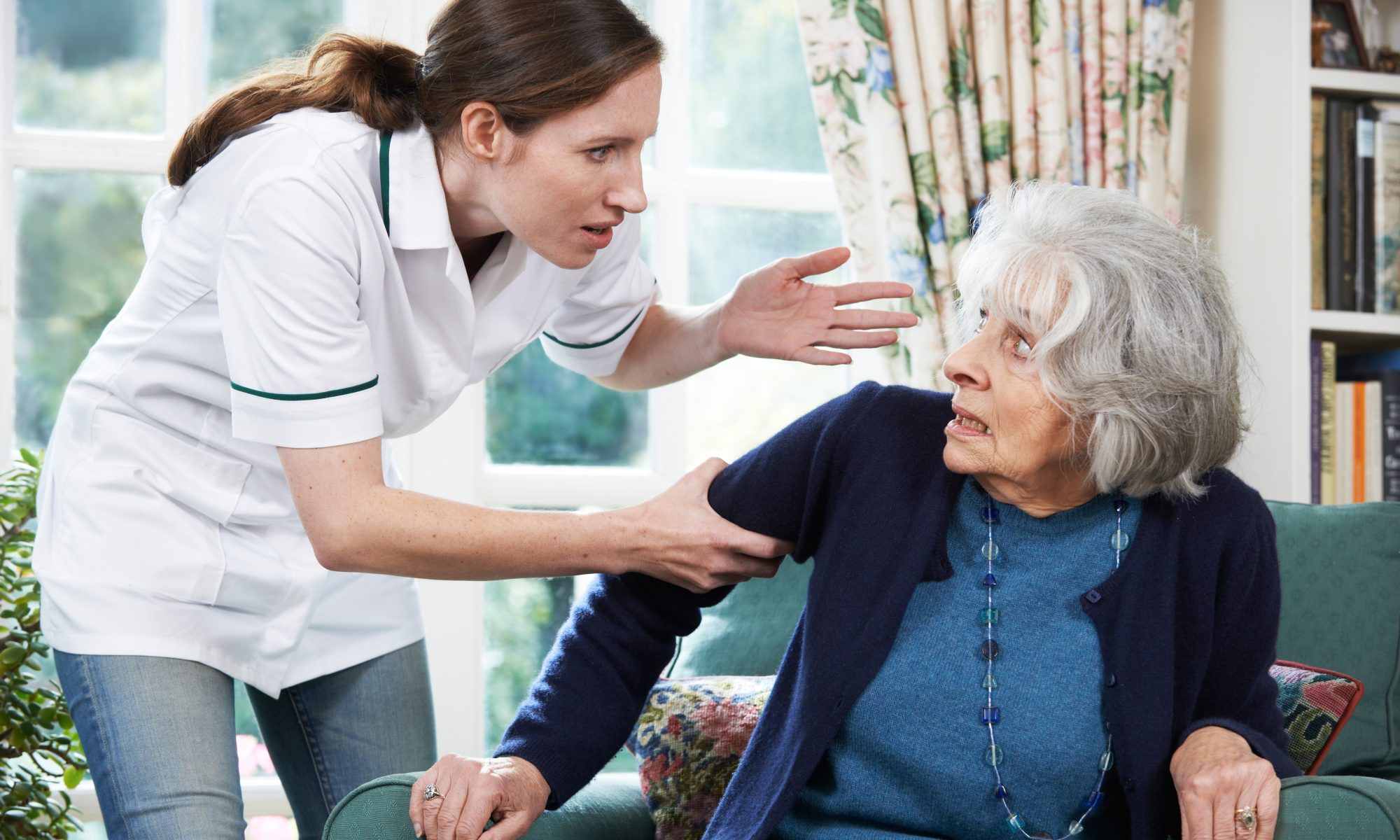
Table of Content
Caring for a senior loved one with dementia can be an incredibly rewarding and meaningful responsibility, but it also comes with unique challenges, particularly when it comes to ensuring safety. Unfortunately, elder abuse is a serious issue that can occur in dementia care settings, often going unnoticed due to the cognitive impairments associated with the condition. Understanding the signs of elder abuse and knowing how to address it effectively is essential for caregivers, family members, and healthcare professionals alike.
Understanding Elder Abuse in Dementia Care
Elder abuse is any act, either intentional or negligent, that causes harm or distress to an older adult. It can take many forms, including physical abuse, emotional abuse, sexual abuse, financial exploitation, and neglect. Individuals with dementia are particularly vulnerable to abuse due to their cognitive decline, inability to advocate for themselves, and often reduced communication skills.
This vulnerability can be exacerbated by caregivers who are untrained, overburdened, or lacking resources. Recognizing the context in which elder abuse may occur is the first step in combating it.
Caring for senior loved ones can be challenging for families who don’t have expertise or professional training in home care, but this challenge doesn’t have to be faced alone. Family caregivers can turn to Home Care Assistance for the help they need. We provide high-quality live-in and respite care as well as comprehensive Alzheimer’s, dementia, stroke, and Parkinson’s care.
Signs and Symptoms of Elder Abuse
Elder abuse can be difficult to detect, particularly in individuals with dementia who may have difficulty reporting their experiences. However, there are several red flags depending on the type of abuse:
- Physical abuse – Look for unexplained bruises, cuts, burns, or other injuries. Constant fearfulness or flinching around caregivers can also be telling signs.
- Emotional abuse – A sudden withdrawal, increased anxiety, or signs of depression may suggest verbal assaults, threats, or humiliation.
- Sexual abuse – Unexplained infections, bruising in intimate areas, or changes in behavior may indicate this form of abuse.
- Financial exploitation – Suspicious changes in bank accounts, missing valuables, or unauthorized financial transactions are warnings of monetary abuse.
- Neglect – Poor hygiene, malnourishment, dehydration, or unsafe living environments often reflect neglectful caregiving practices.
Hiring a professional caregiver is one of the best ways to keep your loved one safe from elder abuse while ensuring he or she receives high-quality in-home care. One of the most challenging tasks of helping an elderly relative age in place safely and comfortably is researching agencies that provide elderly home care. Philadelphia families can turn to Home Care Assistance for reliable, high-quality in-home care for aging adults. We offer 24-hour live-in care for seniors who require extensive assistance, and we also offer respite care for family caregivers who need a break from their caregiving duties.
Risk Factors for Abuse in Dementia Care
Several risk factors can increase the likelihood of elder abuse in dementia care settings. Some of these include:
- Caregiver stress – Caregivers experiencing the emotional and physical demands of dementia care might experience burnout, which can lead to neglect or, in severe cases, abusive behaviors.
- Social isolation – When the older adult has minimal contact with outside friends, family, or healthcare workers, it becomes easier for abuse to occur unnoticed.
- Dependency – Dementia patients often depend heavily on their caregivers for daily activities. This dependency creates an unequal power dynamic, which can, unfortunately, be exploited.
- Lack of training – Untrained caregivers may not understand how to properly support dementia patients, inadvertently contributing to neglect or inadequate care.
Prevention Strategies and Interventions
Preventing elder abuse in dementia care requires proactive measures by both family members and organizations. Here are actionable strategies:
- Caregiver education – Providing caregivers with training and resources on dementia care can reduce the risk of abuse. Classes on how to manage challenging behaviors and handle stress constructively can be particularly beneficial.
- Regular monitoring – Frequent visits by family members, friends, or social workers can ensure the senior’s safety and discourage potential abuse by caregivers.
- Reporting – Create a supportive and trusting environment where your loved one and family members feel safe speaking up if something seems wrong.
- Respite care – Offering caregivers occasional breaks can alleviate stress and reduce the potential for burnout-induced abuse or neglect.
- Technology – Surveillance cameras or remote monitoring systems can provide an added layer of security and help you detect any questionable behavior.
Supporting Those Who Have Experienced Elder Abuse in Dementia Care
If elder abuse is suspected, immediate action must be taken to ensure your loved one’s safety. Follow these steps:
- Document and report – Record any signs of abuse and notify local authorities, adult protective services, or elder-specific hotlines.
- Seek professional help – Work with medical professionals, social workers, or advocacy organizations to create a care plan for your loved one.
- Provide emotional support – Individuals who have experienced abuse often feel disoriented, fearful, and violated. Show empathy and reassure your loved one that steps are being taken to protect him or her.
- Consider alternative care options – If abuse is occurring in a specific facility or care setting, it may be necessary to relocate your loved one to a safer environment.
For trusted and reliable dementia care, Philadelphia families can turn to Home Care Assistance. We are experts in caring for seniors with memory-related conditions, our caregivers are available 24/7, and all of our dementia care programs are backed with a 100% satisfaction guarantee. To create a comprehensive in-home care plan for your loved one, call us at (215) 645-4663 today.